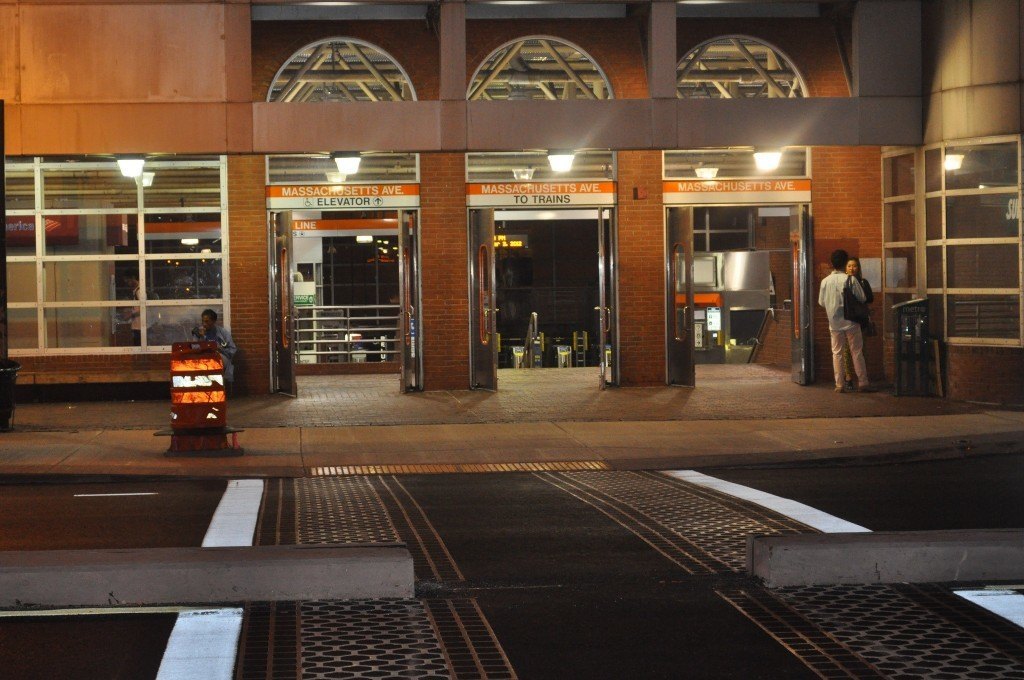
Boston City Councilors Michelle Wu and Josh Zakim filed an order Wednesday to host a public meeting on the impact of Late Night T service in Boston.
“The late night transit pilot program, which costs $13 million, is at risk of being cut due to a state budget deficit of $765 million and a lack of corporate partners” reads the order.
Last week MassDOT Secretary Stephanie Pollack and MBTA General Manager Beverly Scott announced that the Late Night T pilot program will be extended from March 11 to Jun 19 after almost a year of running subway and bus service past midnight on the weekends.
“I am pleased that we were able to extend our weekend service hours through this pilot program,” Scott said in a statement. “Now we can take a hard look at the data collected over the course of the pilot, and take the time needed to chart out the next best steps. Continuing the pilot program through June gives us ample time to make decisions about the future of Late Night service.”
Between today and March 11 is a public comment period for people to share their thoughts on how they think the service is faring.
“It’s been a very successful pilot program the past year,” Councilor Zakim told BostInno. “It’s an important service and it’s not just about going out to the bar. It’s great for economic development.”
The Green Line in particular, Councilor Zakim said, is pivotal for the Late Night T in that it serves the downtown are as well as a densely populated student area.
Late Night T service aligns with Mayor Walsh’s campaign pledge to make Boston more appealing to outsiders. Not only is it a means to retain young talent and recent graduates, but an enticement to help make Boston a place for people to settle and raise families.
Since it was put into practice, Late Night T service has recorded just north of one million rides taken.
But its success won’t just be judged solely on ridership statistics.
“Data can’t capture everything,” said Councilor Wu. “Secretary Pollack said the decision making process is looking at data and weighing in on public opinion. The City Council can help with that.”
She reiterated that not only will Boston’s economics benefit from public transit in the wee hours, but it will also allow for people working deep into the night – nurses, restaurant staff and midnight oil burning journalists to name just a few – a chance to grab a bite or trek home safely and soundly.
Today’s City Council meeting is scheduled to take place at 12 p.m. at which point the order will be considered and possibly designated to the aforementioned committee for further dissection.

